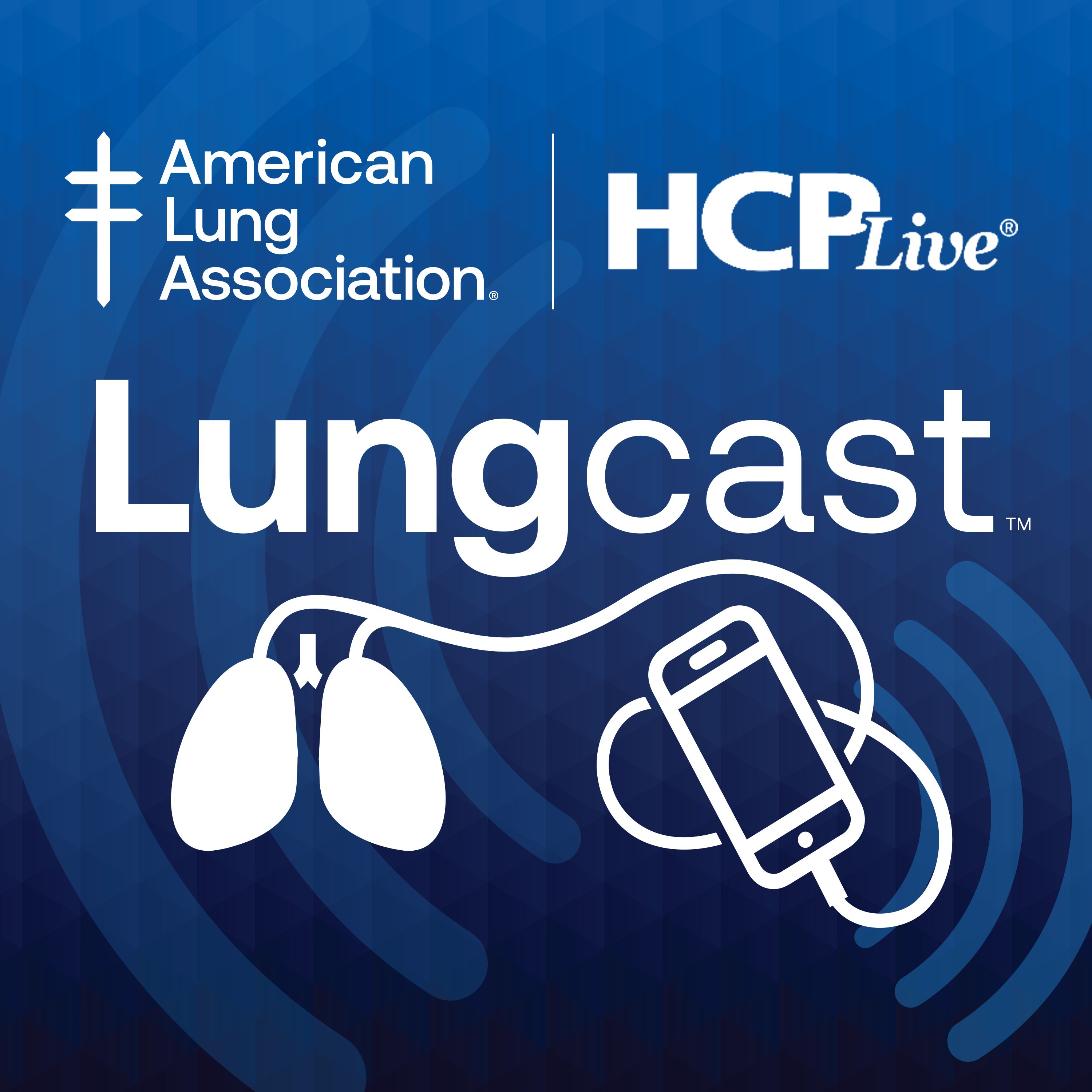Article
Sleep Problems in Infancy Linked to Behavioral Problems in Later Life
Author(s):
Children with persistent sleep problems had greater impairments across the different outcomes other than cognitive skills.
Ariel A. Williamson, PhD

New research sheds light on how early infancy sleep disruptions can have a lasting impact on behavioral problems for children at age 10-11 years.
A team, led by Ariel A. Williamson, PhD, Division of Pulmonary Medicine, Sleep Center, Children’s Hospital of Philadelphia, identified whether distinct sleep problem trajectories from infancy through middle childhood were linked to multiple aspects of child well-being at ages 10-11 years.
Background
Recent studies have shown up to 40% of children experience behavioral sleep problems, including difficulty falling or staying asleep. These problems often co-occur with behavioral health or neurodevelopmental conditions, as well as diminished psychological, social, cognitive, academic, and physical well-being.
Specifically behavioral sleep problems are linked to increased emotional and behavioral concerns.
While there has been research in this field, there remains various gaps in knowledge.
“For example, few studies have examined the continuity of sleep concerns and their association with developmental outcomes from infancy, when behavioral sleep problems are the most prevalent,” the authors wrote. “More research is needed that assesses the impact of sleep problems from infancy through middle childhood, particularly as the first 10–11 years of life is a period of important child development, with the acquisition of foundational psychosocial and cognitive/academic skills and the transition to a formal school setting.”
The Study
The investigators used data from the first 6 waves of the Longitudinal Study of Australian Children—Birth Cohort, which involved 5107 children recruited at birth.
Each caregiver included in the study reported on sleep problems for the children at each time point and the investigator indexed child well-being outcomes at ages 10-11 years using a combination of caregiver-reported, teacher-reported, and child-completed tasks. The outcomes included emotional and behavioral functioning such as internalizing and externalizing symptoms and self-control, health-related quality of life, cognitive skills, and academic achievement.
They also identified 5 distinct sleep problem trajectories over time using a latent class analysis, including persistent sleep problems through middle childhood (7.7% of the sample), limited infant or preschool sleep problems (9.0%), increased middle childhood sleep problems (17.0%), mild sleep problems over time (14.4%), and no sleep problems (51.9%).
The results show children with persistent sleep problems had the greatest impairments across the different outcomes, other than cognitive skills (perceptual reasoning), with moderate to large effect sizes.
On the other hand, children with increased middle childhood sleep problems also experienced greater internalizing and externalizing symptoms with a worse quality of life.However, there were few academic impairments in this subgroup of patients.
In addition, the participants with limited infant or preschool sleep problems and mild increases over time trajectories also showed internalizing concerns and worse caregiver-reported quality of life. These effects were smaller than the other sleep trajectories.
“The linkages between sleep problems and negative child outcomes across domains underscore the importance of early identification and targeted intervention to address sleep problems and promote child well-being,” the authors wrote.
The study, “Longitudinal sleep problem trajectories are associated with multiple impairments in child well-being,” was published online in the Journal of Child Psychology and Psychiatry.





